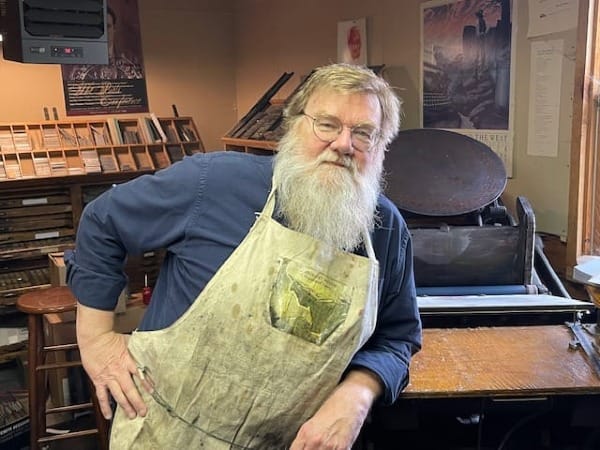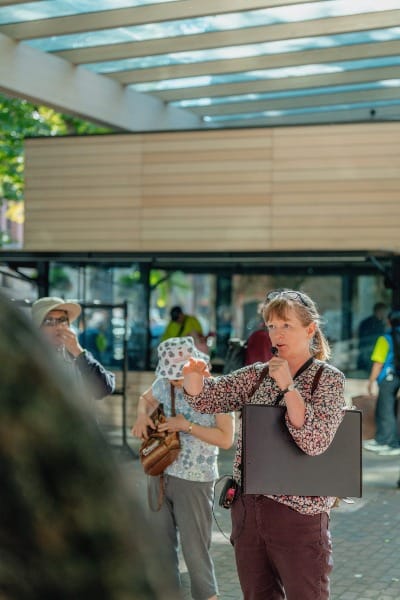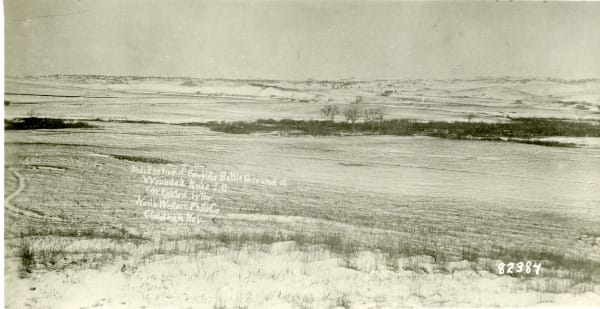Finding Home Through Story
Flannery Burke Plants Meaningful Seeds
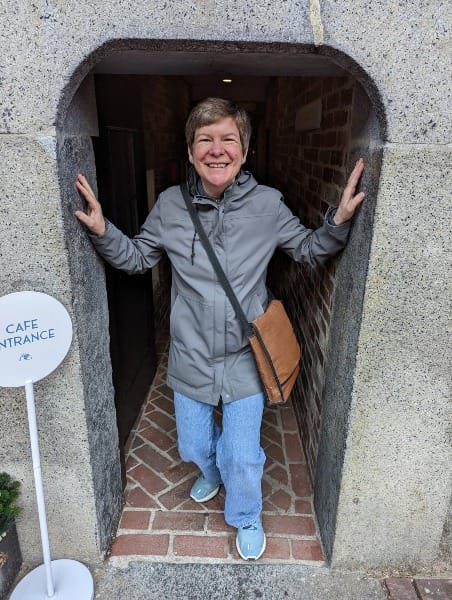
After an opening event at a symposium several years ago, I was walking with friends who were planning to meet someone else for dinner. Being the introvert I am, I wanted to decline, but my friends insisted. That's how I first got to know Flannery Burke, a scholar I've grown to admire and a person whose company always leaves me inspired. Rarely have I found someone so creative and thoughtful, dedicated to their work.
At the symposium back in 2019, Flannery presented early work on what became her new book, Back East: How Westerners Invented a Region, which comes out from University of Washington Press next month. A few months later, I bumped into her in the archives in Salt Lake City (during the research trip related here). I remember thinking what an excellent idea she had, and I'm eager to read the finished project.
Flannery works in the Department of American Studies at St. Louis University. Her earlier books are both award-winning works of scholarship: From Greenwich Village to Taos (2008) and A Land Apart: The Southwest and the Nation in the Twentieth Century (2017). As you'll see in what follows, the Southwest serves as an important anchor to Flannery's work and life.
Homesickness and an Education in Regional Identity
Flannery Burke says her work is "all about place." And although she writes and teaches and thinks about all sorts of places, New Mexico and the American Southwest play the most significant role. It is where she grew up and realized, quite early, the significance of place.
Flannery attended the United World College in New Mexico, an international high school where three-quarters of the students came from outside the United States. But she was a local, and that made her see the Southwest with a new lens.
I was kind of a diplomat for the United States and for New Mexico specifically. The area that the United World College is located in is a very impoverished part of New Mexico. And it was the first time I noticed that poverty.
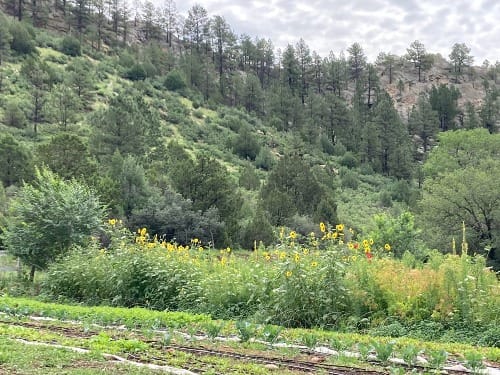
The experience created complex feelings. The school was near where her grandfather had grown up, and she felt torn between recognition of the region's economic struggles and pride in her family's educational achievements. He was of Spanish and Native descent and a first-generation college student.
I didn't like seeing him and the place he was from judged because the place was impoverished. But I also wanted to be honest about the fact that it was impoverished, and I had a responsibility to that place because I was from that place.
Surrounded by classmates from around the world—including refugees and children of anti-apartheid activists—Burke recognized her advantages.
I was acutely aware of how good I had it—that I had the mountains to look to for support and that they didn't have their homes nearby.
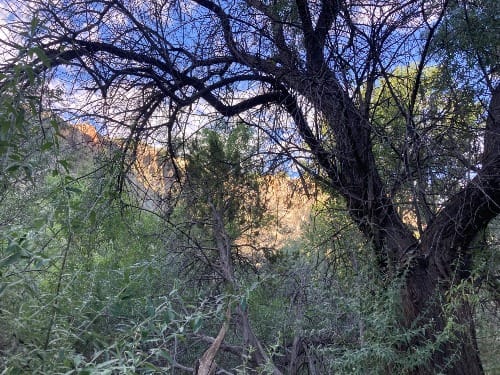
Burke left New Mexico for college at Bryn Mawr, just outside Philadelphia, after which she attended graduate school at the University of Wisconsin-Madison. She brought with her to the halls of academe a deep connection to the Southwest that became decades of homesickness.
I was desperately homesick from the moment I arrived in Philadelphia and remained so. Intellectual activity was always my way to get back. So I was always soothing myself personally via my intellectual work.
This dynamic—using scholarship as a salve for geographic separation—sustained her through most of her career. But a recent trip home for a family emergency showed her that the place included far more than intellectual ties. Flannery kept looking toward the mountains.
They're just really important to me personally in ways that I can't express intellectually. And increasingly in ways that I don't necessarily want to explore intellectually. I want to keep them personal.
